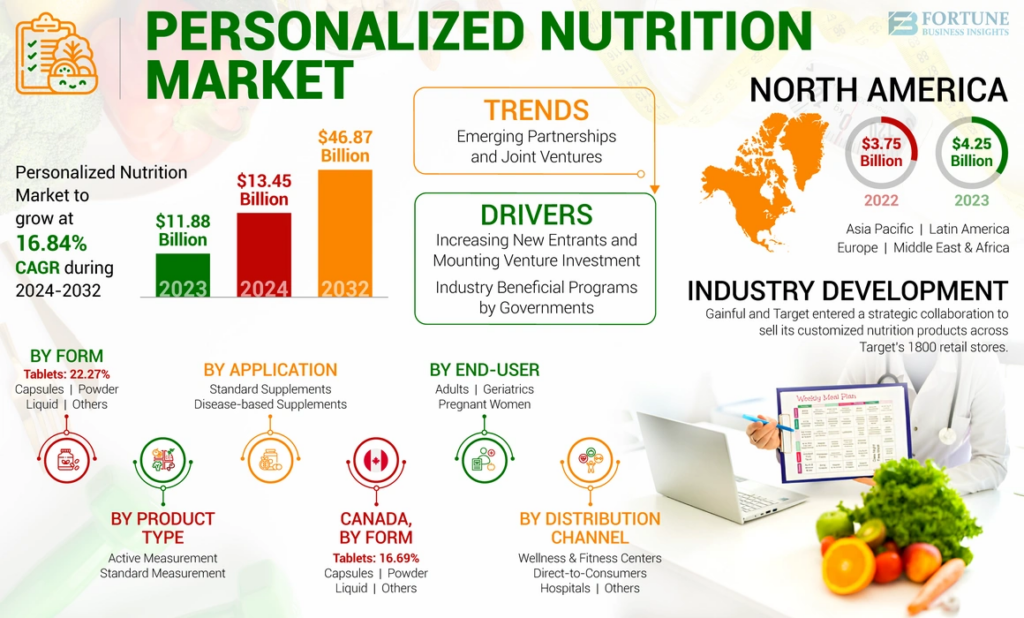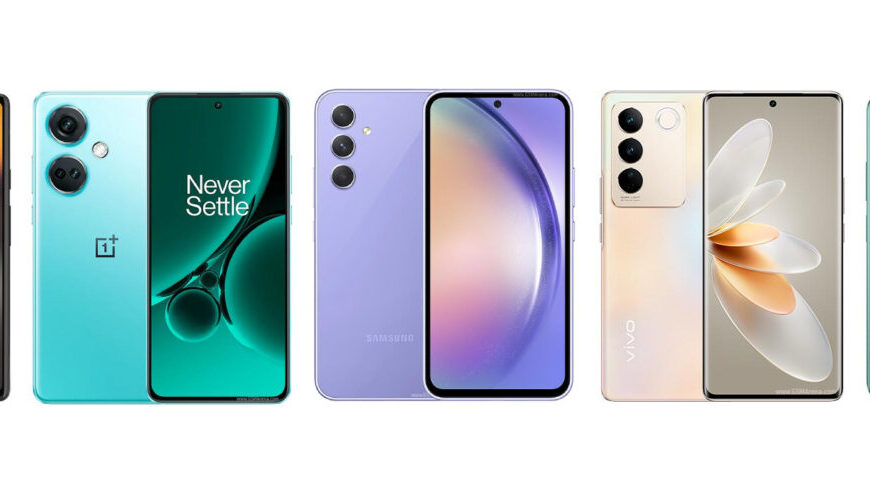
The global personalized nutrition and supplements market is booming, projected to grow from 14.02billionin2024to14.02billionin2024to47.62 billion by 2033, at a 16.33% CAGR110. However, as demand surges, consumers and regulators are grappling with trust gaps—questioning product efficacy, labeling accuracy, and data privacy in an industry flooded with AI-driven solutions and unverified claims.
Why Personalized Supplements Are Surging
- Tech-Driven Customization
- Advances in DNA testing, microbiome analysis, and AI allow brands like Viome and GenoPalate to tailor vitamins based on genetic markers, gut health, and lifestyle data16.
- Wearables (e.g., Fitbit, Oura Ring) sync real-time health metrics to adjust supplement regimens dynamically1.
- Shift from “One-Size-Fits-All” to Precision Health
- 75% of U.S. adults take supplements, but personalized versions now appeal to those with specific needs (e.g., GLP-1 support for weight loss, stress-adaptogens like ashwagandha)45.
- Nestlé’s acquisition of Persona Nutrition and Bayer’s purchase of Care/of highlight corporate bets on customization1.
- E-Commerce and Subscription Models
- Online platforms (e.g., HUM Nutrition, Baze Labs) dominate, offering home-testing kits and auto-refill subscriptions. The online supplement market is growing at 17.53% CAGR2.
Trust Issues Challenging Growth
- Potency and Labeling Fraud
- Independent tests reveal 36 out of 43 phosphatidylserine (PS) supplements sold on Amazon contained <10% of claimed potency7.
- Turmeric products were found adulterated with synthetic curcuminoids or mislabeled as “vegetarian” when containing gelatin7.
- Regulatory Gaps
- The FDA monitors supplements as foods, not drugs, allowing loopholes. Amazon’s 2020 policy requiring ISO 17025 lab certifications for sellers is poorly enforced7.
- 72% of consumers distrust supplement claims, per a 2024 Innova survey4.
- Data Privacy Concerns
- DNA-based brands face scrutiny over genetic data usage. Startups like GenoPalate now emphasize HIPAA-compliant storage10.
Industry Responses
- Transparency Initiatives: Brands like NOW Foods publish third-party test results to combat Amazon’s “too-good-to-be-true” cheap products7.
- Clean-Label Trends: Vegan, allergen-free, and sugar-free formulations cater to skeptical buyers1.
- Science-Backed Marketing: HUM Nutrition uses clinical studies to validate ingredient efficacy (e.g., collagen for skin, probiotics for gut health)6.
The Road Ahead
While personalized supplements are reshaping wellness, overcoming trust barriers requires:
- Stricter FDA enforcement of cGMPs (current Good Manufacturing Practices)7.
- Blockchain tracking for supply-chain transparency (piloted by DSM Nutritional Products)1.
- Consumer education on interpreting genetic/nutritional data10.
For consumers, experts advise:
“Verify supplements with USP or NSF certifications, and prioritize brands that share full ingredient traceability.” — Glanbia Nutritionals 2025 Report4.
The personalized supplement revolution is here, but its success hinges on bridging the gap between innovation and accountability.













